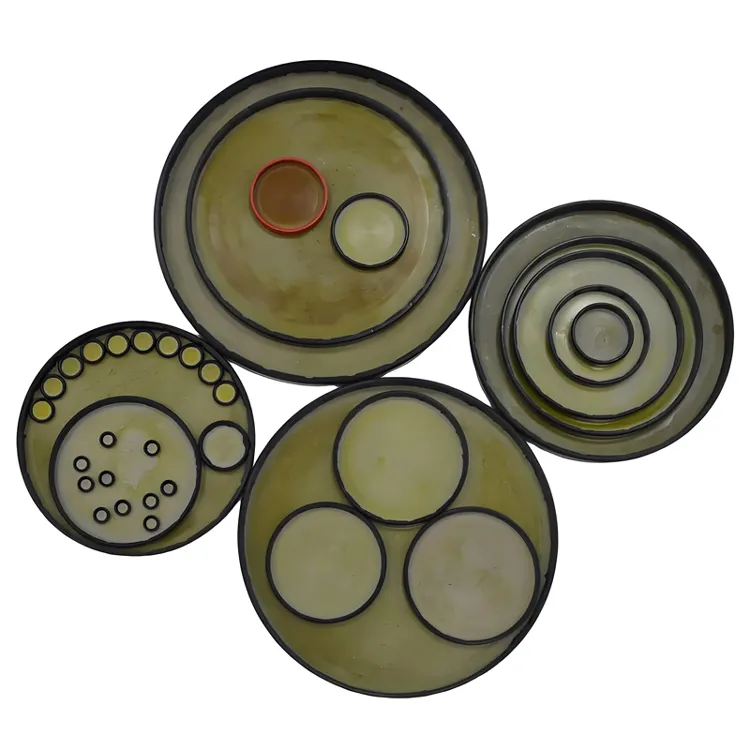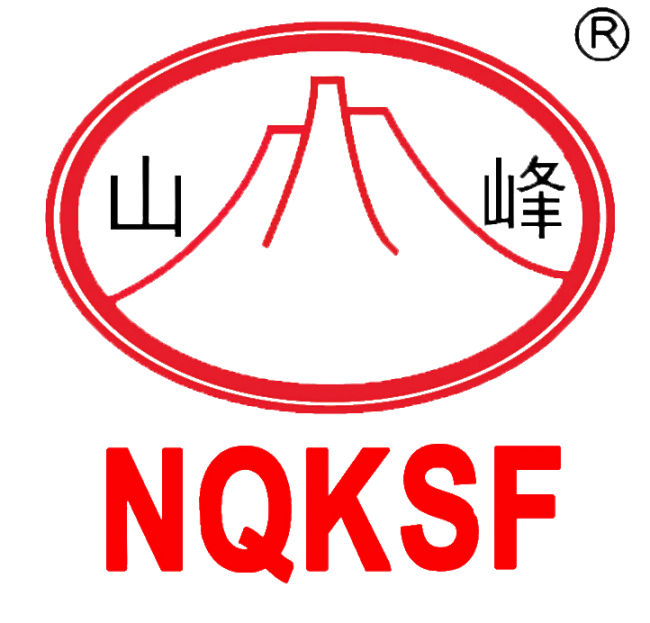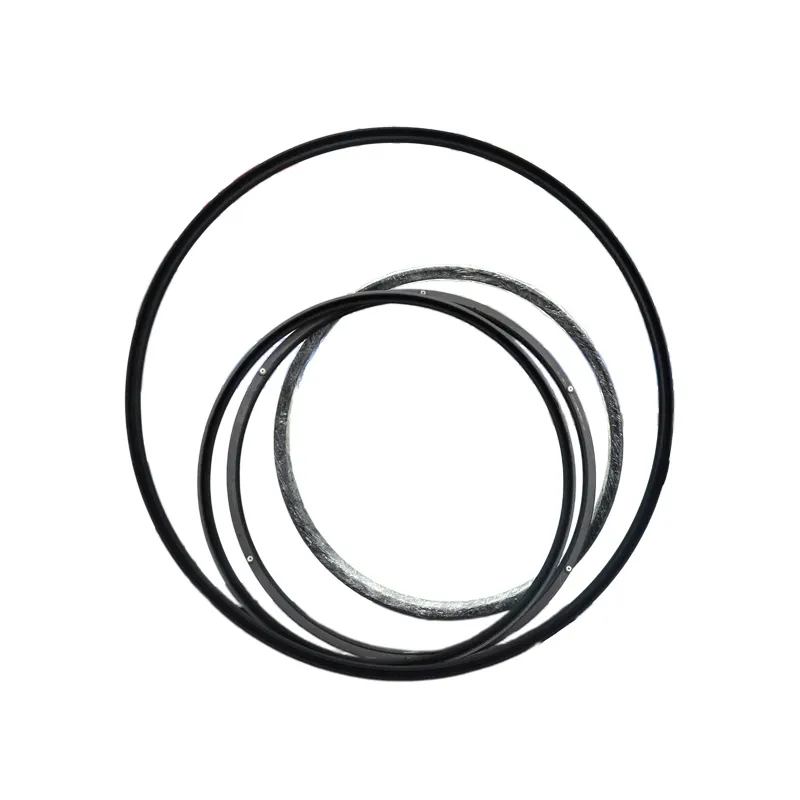Understanding the Superior Engineering Behind Modern Oil Seal Technology
Industrial systems rely heavily on effective sealing solutions to maintain optimal performance and longevity. At the forefront of sealing technology, the end cap oil seal series has emerged as a cornerstone component in various industrial applications. These specialized seals represent a culmination of advanced engineering principles and innovative design approaches that ensure reliable operation in demanding environments.
The significance of end cap oil seals extends far beyond simple containment. These precision-engineered components play a crucial role in preventing lubricant leakage, protecting against contaminant ingress, and maintaining system integrity across diverse industrial settings. Their reliability stems from a careful balance of material science, geometric precision, and application-specific design considerations.

Design Elements That Define Excellence
Material Composition and Durability
The end cap oil seal series features carefully selected materials that contribute significantly to its reliability. High-grade elastomers, specifically formulated for industrial applications, provide excellent resistance to temperature variations, chemical exposure, and mechanical stress. These materials maintain their properties even under extreme conditions, ensuring consistent performance throughout the seal's service life.
Advanced polymer blends used in modern end cap oil seals offer superior wear resistance and low friction characteristics. This combination results in extended seal life and reduced maintenance requirements, making them particularly valuable in continuous operation environments.
Precision Engineering and Geometric Optimization
The dimensional accuracy of end cap oil seals plays a pivotal role in their reliability. Each component is manufactured to exact specifications, with tight tolerances that ensure optimal fit and function. The seal's lip geometry is carefully designed to maintain consistent contact pressure, promoting effective sealing while minimizing wear.
Modern manufacturing techniques employ advanced CNC machinery and quality control systems to achieve the required precision. This attention to detail results in seals that perform consistently across their entire operational range, maintaining their integrity even under varying speeds and pressures.
Performance Features and Capabilities
Dynamic Response Characteristics
The end cap oil seal series demonstrates exceptional dynamic response characteristics, adapting to changing operational conditions while maintaining seal integrity. This adaptability is crucial in applications where speed, temperature, and pressure fluctuations are common. The seal's design incorporates features that accommodate shaft movement and misalignment without compromising sealing effectiveness.
Advanced lip designs enable the seal to respond quickly to pressure changes, preventing leakage while maintaining optimal contact force. This dynamic responsiveness ensures reliable performance even in challenging industrial environments where operating conditions can vary significantly.
Thermal Management and Stability
Temperature management is a critical aspect of seal reliability, and the end cap oil seal series excels in this area. The seals incorporate design features that promote effective heat dissipation, preventing thermal degradation that could compromise seal performance. Special attention is paid to the interaction between the seal lip and shaft surface, ensuring minimal friction-induced heating.
The materials used in these seals maintain their properties across a wide temperature range, ensuring consistent performance in both cold start conditions and elevated operating temperatures. This thermal stability contributes significantly to the seal's overall reliability and longevity.
Installation and Maintenance Considerations
Proper Installation Procedures
The reliability of end cap oil seals begins with proper installation. Precise alignment and careful handling during installation are essential to prevent damage and ensure optimal performance. The seal design includes features that facilitate correct installation, such as guide rings and installation markers, reducing the risk of installation-related failures.
Professional installation tools and techniques specific to end cap oil seals help maintain the integrity of the seal during the installation process. This attention to installation detail significantly contributes to the seal's long-term reliability and performance.
Maintenance Requirements and Life Cycle Management
While end cap oil seals are designed for extended service life, proper maintenance practices help maximize their reliability. Regular inspection protocols and condition monitoring can identify potential issues before they lead to failure. The seal's design allows for easy visual inspection of critical areas, enabling timely maintenance decisions.
Preventive maintenance strategies, including proper lubrication and contamination control, help extend seal life and maintain optimal performance. Understanding the seal's operating parameters and monitoring key indicators ensures reliable operation throughout its service life.
Applications and Industry Impact
Versatility Across Industries
The end cap oil seal series demonstrates remarkable versatility across various industrial applications. From heavy manufacturing equipment to precision machinery, these seals provide reliable performance in diverse operating environments. Their adaptability to different shaft sizes, speeds, and operating conditions makes them a preferred choice in multiple industries.
The seals' proven reliability in challenging applications has led to their widespread adoption in critical equipment where downtime must be minimized. Industries ranging from automotive manufacturing to power generation rely on these seals for consistent, trouble-free operation.
Environmental and Economic Benefits
The reliability of end cap oil seals contributes significantly to environmental protection and economic efficiency. By effectively preventing oil leakage, these seals help maintain clean working environments and reduce environmental impact. Their long service life and minimal maintenance requirements translate into reduced operational costs and improved equipment efficiency.
The economic advantages extend beyond direct maintenance savings to include reduced downtime, lower lubricant consumption, and improved equipment protection. These benefits make end cap oil seals a cost-effective solution for industrial sealing applications.
Frequently Asked Questions
What factors influence the service life of end cap oil seals?
The service life of end cap oil seals is influenced by several key factors, including operating conditions (temperature, pressure, and speed), installation quality, maintenance practices, and environmental conditions. Proper selection, installation, and maintenance significantly extend seal life.
How do end cap oil seals maintain their reliability in high-temperature applications?
End cap oil seals maintain reliability in high-temperature applications through specialized material formulations, optimized lip design for heat dissipation, and thermal-resistant compounds. These features work together to prevent degradation and maintain sealing effectiveness at elevated temperatures.
What makes end cap oil seals superior to conventional sealing solutions?
End cap oil seals offer superior performance through advanced design features, precision manufacturing, and high-quality materials. Their integrated end cap design, optimized lip geometry, and material technology provide better sealing efficiency, longer service life, and improved reliability compared to conventional seals.

